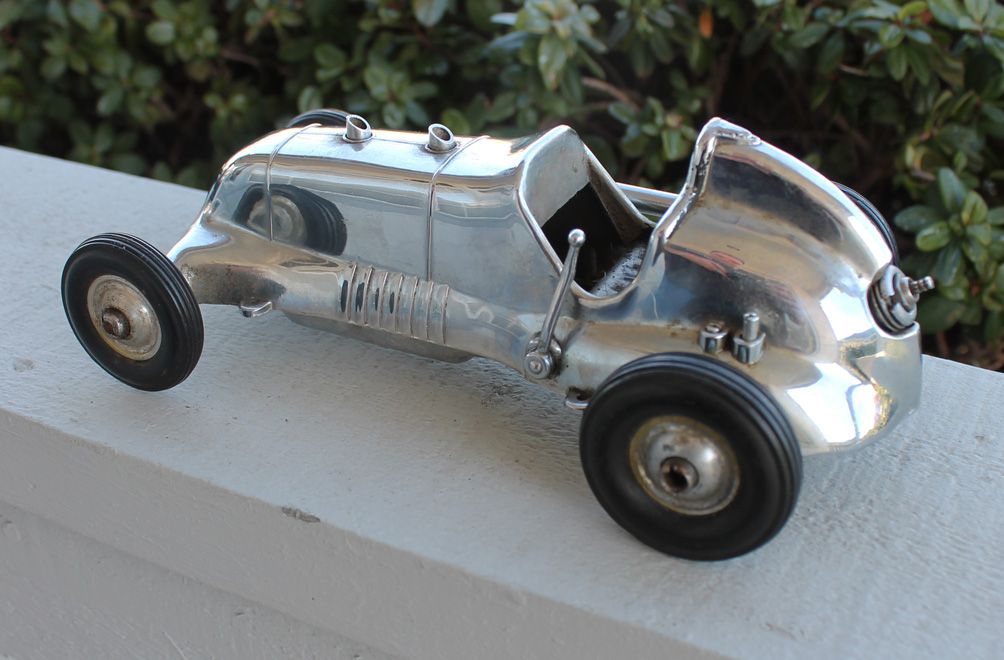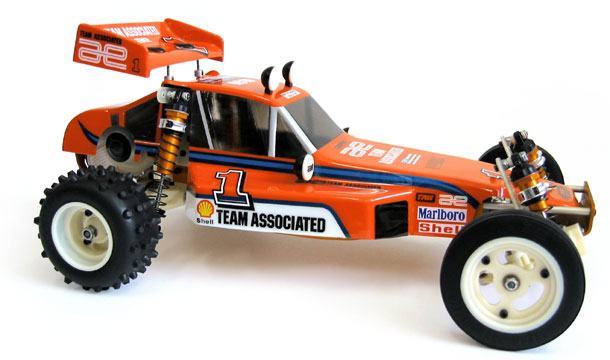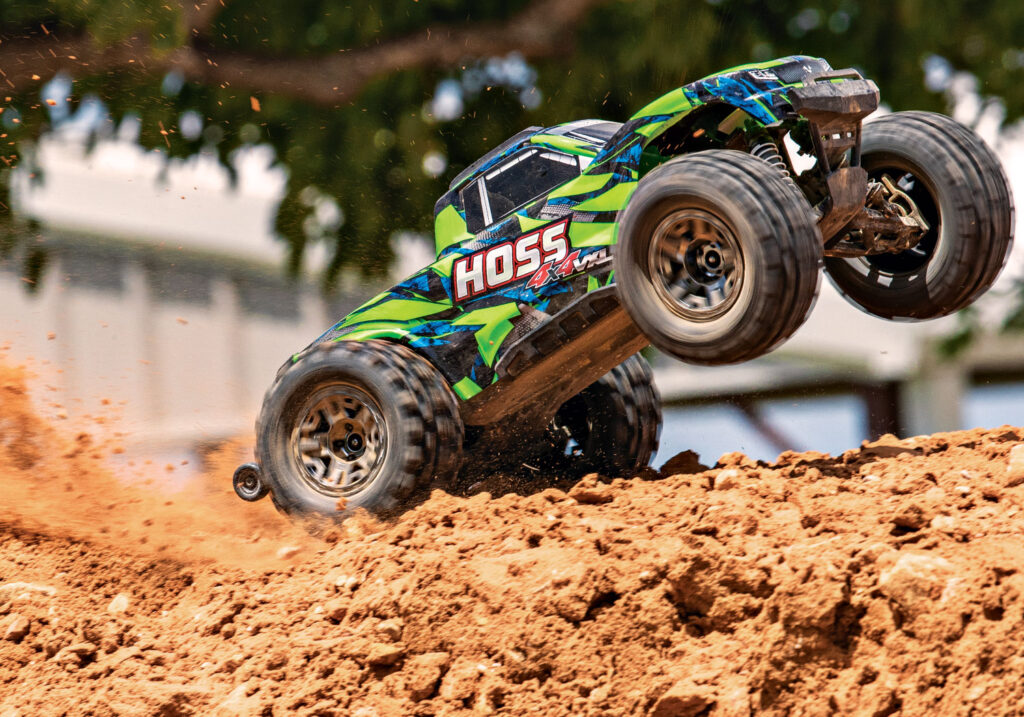The History of Radio-Controlled Cars
Radio-controlled cars, often referred to as RC cars, have captured the imagination of hobbyists and enthusiasts around the world for decades. These miniature vehicles, controlled remotely by radio signals, have a rich and fascinating history that spans from their humble beginnings to the cutting-edge technologies of today. In this article, we will delve into the evolution of radio-controlled cars, exploring their origins, major milestones, and the innovations that have shaped them into the advanced machines we see today.
Origins of Radio-Controlled Cars:
The concept of radio-controlled vehicles dates back to the early 20th century when inventors began experimenting with remote control technologies. One of the earliest documented instances of a radio-controlled car can be traced back to the 1920s, when engineer and inventor, Nikola Tesla, demonstrated a miniature boat controlled by radio signals. However, it wasn’t until the 1960s that radio-controlled cars became commercially available to the public.
The 1960s-1970s: The Dawn of Radio-Controlled Cars:

The 1960s marked a significant turning point in the history of radio-controlled cars, with the introduction of the first commercially produced models. These early RC cars were primitive by today’s standards, typically powered by gas engines and featuring rudimentary control systems. However, they quickly gained popularity among hobbyists and paved the way for further advancements in the field.
During the 1970s, radio-controlled cars underwent rapid development and refinement. Manufacturers began experimenting with new materials and designs, leading to the introduction of electric-powered models and improved radio control systems. Hobbyists embraced these innovations, and RC car racing became a popular pastime in many parts of the world.
The 1980s-1990s: The Golden Age of Radio-Controlled Cars:
The 1980s and 1990s are often regarded as the golden age of radio-controlled cars. During this time, the hobby experienced explosive growth, fueled by advancements in technology and increased accessibility. Manufacturers such as Tamiya, Kyosho, and Associated Electronics emerged as industry leaders, producing a wide range of high-quality RC cars and accessories.
One of the most significant developments of this era was the introduction of microelectronics and digital radio control systems. These innovations allowed for greater precision and control, making radio-controlled cars more responsive and agile than ever before. Additionally, advancements in battery technology led to the widespread adoption of rechargeable lithium-ion batteries, offering longer run times and faster charging speeds.
The 2000s-Present: Advances in Technology and Innovation:

In the 21st century, radio-controlled cars have continued to evolve, driven by ongoing advancements in technology and engineering. One of the most notable trends has been the shift towards brushless electric motors and electronic speed controllers (ESCs), which offer increased power and efficiency compared to traditional brushed motors.
Another significant development has been the integration of digital stabilization systems and gyroscopes into radio-controlled cars. These technologies help improve stability and handling, particularly in high-speed racing and off-road driving scenarios. Additionally, the rise of smartphone apps and wireless connectivity has enabled new features such as telemetry data logging and remote tuning adjustments.
Furthermore, the emergence of 3D printing and computer-aided design (CAD) has revolutionized the way RC car enthusiasts design and customize their vehicles. Hobbyists can now create bespoke parts and accessories with unprecedented precision and ease, allowing for greater personalization and creativity.
Looking to the Future:

As we look to the future, the future of radio-controlled cars appears brighter than ever. Continued advancements in battery technology, materials science, and artificial intelligence are poised to further enhance the performance and capabilities of RC cars. Additionally, the growing popularity of electric vehicles and sustainability initiatives may drive increased adoption of electric-powered RC cars in the years to come.
In conclusion, the history of radio-controlled cars is a testament to human ingenuity and creativity. From their humble beginnings to the cutting-edge technologies of today, RC cars have captured the hearts and minds of enthusiasts worldwide. As we continue to push the boundaries of innovation, the future of radio-controlled cars promises to be both exciting and exhilarating.